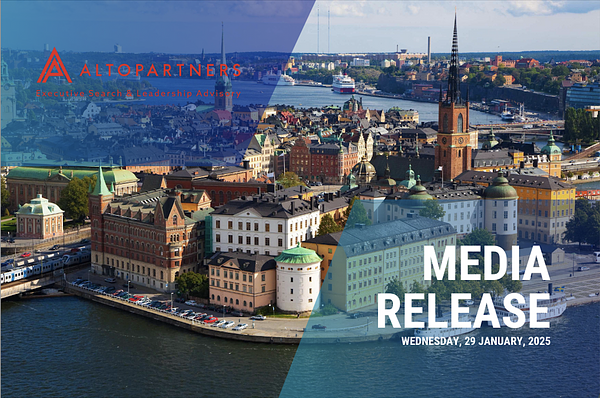Recent research indicates that rates of poor mental health in the UK have at least doubled since 2010, with experts warning of its impact on productivity, absenteeism, and employee retention. A report by the Institute for Employment Studies for the Commission for Healthier Working Lives highlights that the UK has one of the widest employment gaps between individuals with and without health limitations among the EU15 nations.
The study, titled Work and Health: International Comparisons with the UK, analyzed data from the 15 countries that formed the EU between 1995 and 2004. Findings show that only Ireland and Belgium had a wider ill-health employment gap than the UK. Additionally, the UK reported one of the highest rates of health limitations within the working-age population.
While employment rates for individuals with health conditions declined across the EU15 between 2018 and 2022, the UK saw a sharp rise in unemployment among younger workers aged 16 to 24. Similarly, employment challenges for those aged 55 to 64 increased in the UK, even as most EU15 nations experienced improvements.
The Growing Impact of Health Conditions on Employment.
Steve Nicholls, Managing Director of Executive Connexions, expressed concerns over the widening employment gap for individuals with health conditions. “Workplace dynamics have evolved significantly in recent years, but support structures have failed to keep pace, leaving many individuals sidelined from work when, with the right flexibility and understanding, they could still contribute,” he explained.
Rachel Suff, a senior policy adviser at CIPD, pointed out that multiple factors have contributed to this employment gap, including challenges in obtaining timely medical diagnoses and treatments. She emphasized that recent events such as COVID-19 and the rising cost of living have negatively impacted employee mental well-being, particularly among younger workers.
Poor health not only affects individual productivity, attendance, and well-being but also increases employee turnover, leading to higher business costs and the potential loss of skilled talent, she noted.
Mental Health on the Decline.
According to an analysis by the Health Foundation, mental health conditions in the UK are deteriorating, based on data collected from self-reported surveys, clinical diagnoses, and screening tools.
Findings indicate that mental health issues have more than doubled since 2010, with the highest rise occurring in individuals aged 16 to 34. The most significant increase was seen in non-work-limiting mental health conditions, which have surged 12-fold since 2003.
Although 82% of individuals with non-work-limiting mental health conditions were employed in 2023 matching the employment rate of those without any health issues these employees were often paid lower wages. In contrast, employment rates for individuals with work-limiting mental health conditions stood at 40% in 2023, an improvement from 24% a decade ago.
Government Initiatives and International Insights.
In response to these growing concerns, the UK government launched the independent Keep Britain Working review to explore strategies for supporting individuals with long-term illnesses and disabilities in the workplace.
The Commission for Healthier Working Lives examined policies from other European nations, highlighting the benefits of employer incentives, grants, and subsidies for adopting better workplace practices. The report also noted that several EU countries offer statutory sick pay linked to wages, which provides greater financial stability and enables individuals with health conditions to stay employed.
Employer Strategies to Support Employee Well-Being.
Workplace mental health issues can often go unnoticed, making early intervention crucial, according to Lisa Seagroatt, founder of HR Fit for Purpose. She emphasized that training managers to recognize and support employees with health conditions is essential. “Providing managers with the necessary tools enables them to confidently support their teams. When health concerns go unaddressed, it can lead to long-term absences, resignations, and the loss of valuable employees,” she warned.
Ruth Wilkinson, Head of Policy and Public Affairs at the Institution for Occupational Safety and Health, explained that poor work design, management, and organization can contribute to psychosocial risks, potentially exacerbating physical and mental health conditions. “It is important to identify and mitigate workplace psychosocial hazards just as we would with any other occupational health risks,” she advised, stressing the need for strong leadership commitment to employee well-being.
Steve Nicholls added that businesses have an opportunity to create more adaptable workplaces by promoting flexible work arrangements, open conversations about mental health, and fostering an inclusive work environment. “Supporting employees with health conditions isn’t just an ethical choice it also benefits businesses by improving retention and long-term performance,” he concluded.





